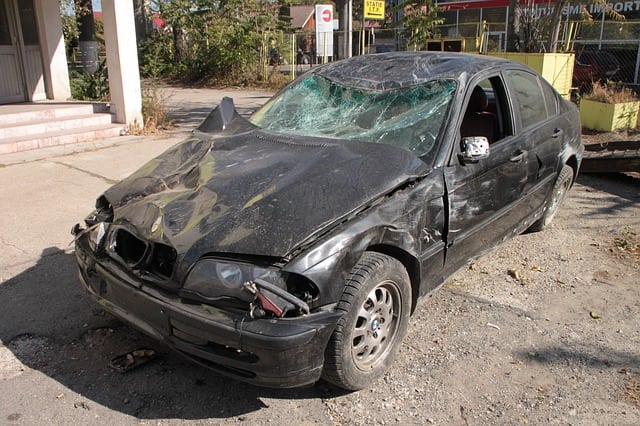Whether you’re trying to pare down your collection or need extra funds, selling a car can be a hassle. In addition to navigating things like title paperwork, you have to go through the steps to find a buyer or risk losing money by selling it to a dealership.
You have to figure out what the car’s Kelley Blue Book value is and spend long hours contemplating whether a missing rearview mirror means it’s actually in fair condition rather than good. Any way you look at it, selling a car is a pain in the neck. One way to avoid all the hassle is to sell your car at an auction. What do you need to do before you drive up to the auction block?
Make Sure You Have the Right to Sell
This is a bit of common sense, but it bears mentioning. Make sure you have the right to sell your vehicle, meaning the title is in your name. If you don’t meet these criteria, you won’t be able to list it with the auction house. It’s that simple. Make sure all your T’s are crossed and all your I’s are dotted before you try to list your vehicle. Once it sells, the auction house handles all the transfer of title paperwork to the new owner.
Do Some Research
Selling at an auction is quite different from listing your car on Craigslist and waiting for a buyer to come to you for a fixed price. You have the potential to make a lot of money on the auction block if the bidding is competitive, but you’ll need to figure out your reserve price before the auction begins. That’s the bare minimum you want to reach before you accept a sale. Look at previous auctions at your chosen venue to get a good idea of what you can get for your car. That way, you’ll have a better idea of the kind of negotiations you need to make.
Choose the Right Type of Auction
There are three different types of auctions when dealing with automotive sales — collectors, public and internet-based. Collectors auctions are limited to classic cars and other vehicles that might be considered collectible. Most of your sales will likely be relegated to public or internet auctions. Public auctions are easy to deal with because they’re usually local, but it limits your potential sale opportunities. Internet auctions mean you can sell to practically anyone in the world. Just make sure there are steps in place to handle shipping if you sell to someone on the other side of the country or across the pond.
You can find online repo car auctions, too. What are repossessed cars? What are the advantages of owning a repossessed vehicle? Repossessed cars are vehicles that came from people who borrowed money or loaned from banks or other financing institutions to buy such vehicles. However, they’re unwilling or unable to pay their car amortization that they ended up returning their vehicles to the banks or financing institutions, placing the vehicles in repossessed cars inventory.
Repossessed cars are better than used cars found in dealerships or sold by individual buyers because they’re like new. Most banks and financing institutions offer car financing or loans for up to five years. If a borrower can’t pay the loan, then the bank will repossess the car, which is less than five years old. So, the buyer of the repossessed vehicle can own a car that’s good as new. Thus, owning this type of car means you can save on repair and parts replacement expenses.
Because banks want to get rid of repossessed cars right away, they sell them at much lower prices. Hence, you’ll find many repossessed cars for sale online. Many buy-and-sell business owners purchase repossessed cars, too, at bargain prices, and, then, place them in auctions to obtain higher prices.
Take Good Pictures
This is especially important for internet auctions where the buyer won’t have the opportunity to see the vehicle in person before they make their purchase. High-resolution, detailed pictures are a necessity. Thankfully, most modern cellphones are more than capable of taking the kind of photos you will need, so you don’t have to invest in camera gear just to sell your car.
Enjoy the Extra Cash
Selling your car at an auction is an easy and largely hassle-free way to send your vehicle to its next owner. It does take a little bit of preparation, but it’s still infinitely easier than dealing with private buyers. It’s also almost guaranteed to make you more money than selling to a dealership. That’s a win-win scenario in our book.









